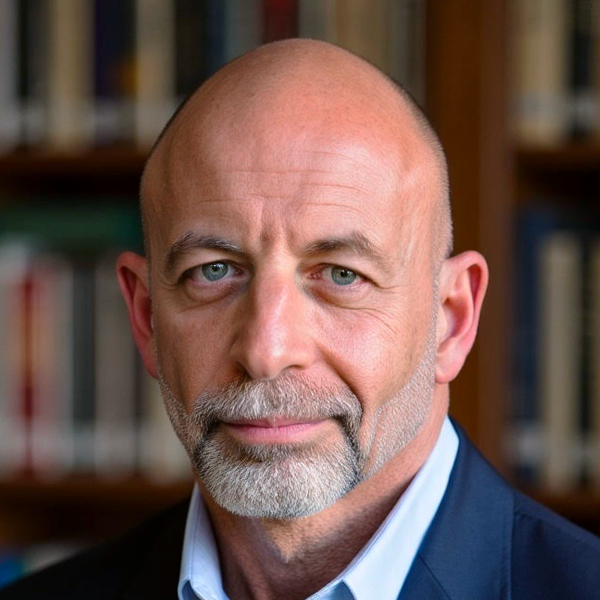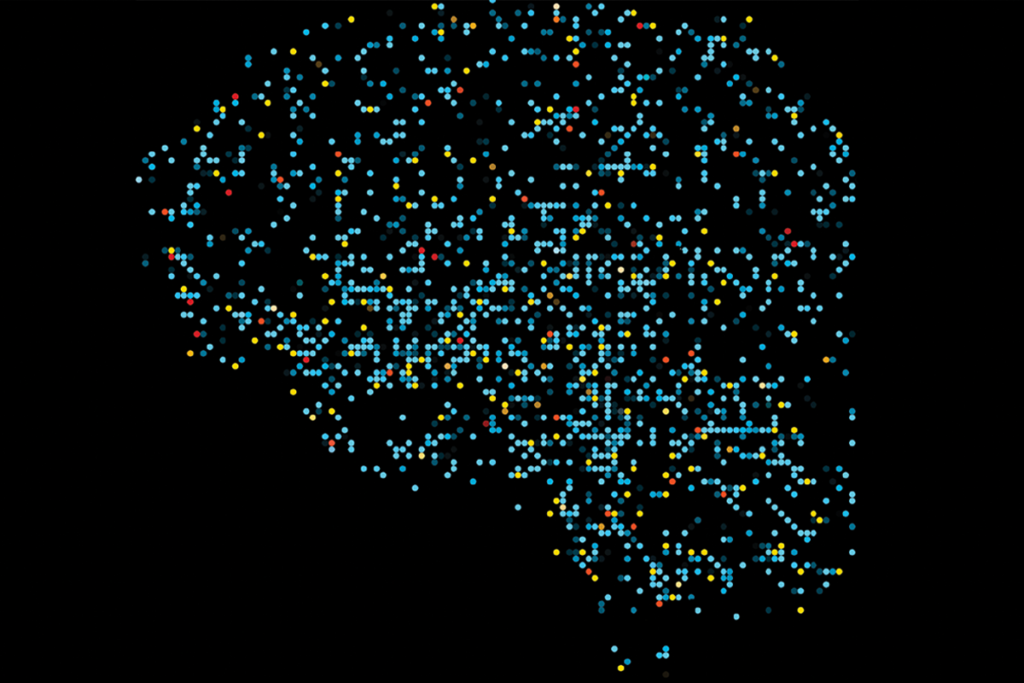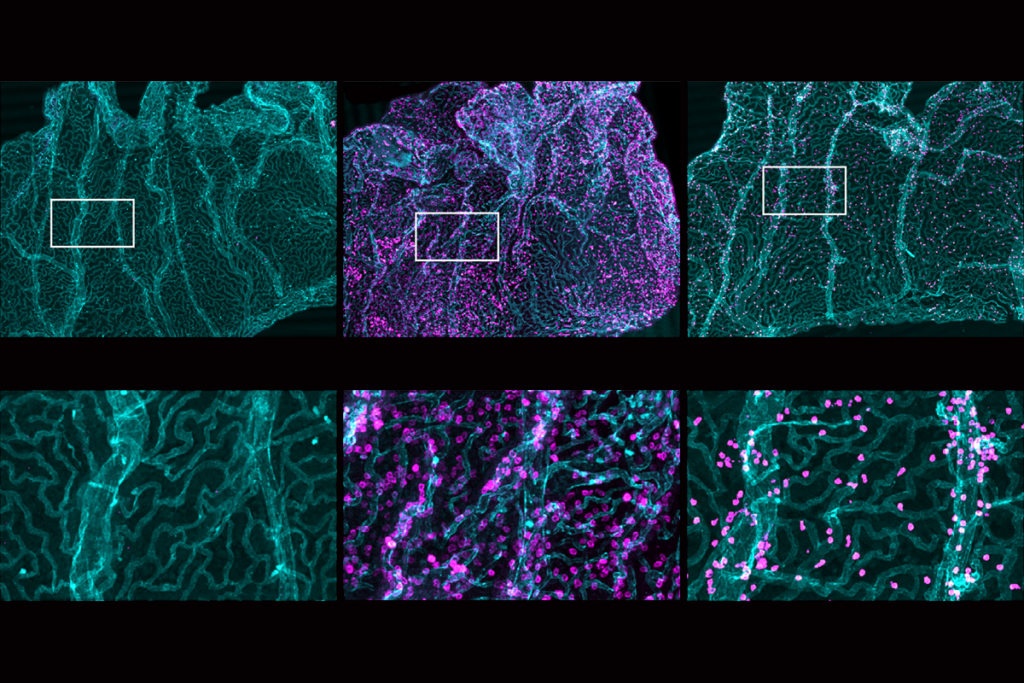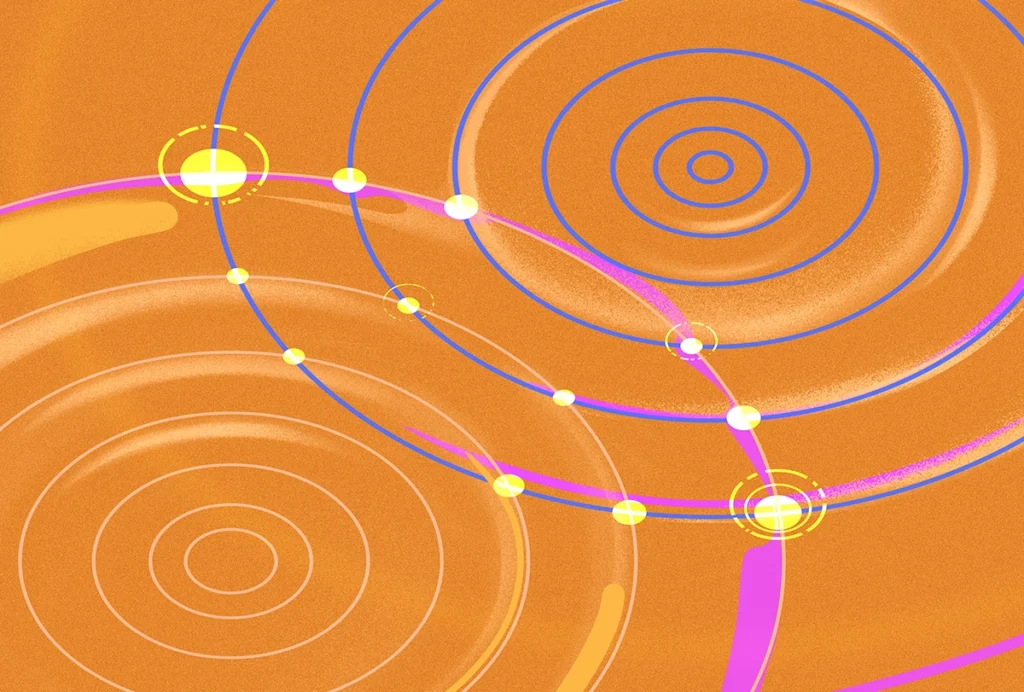James Giordano is Pellegrino Center Professor of Neurology and Biochemistry and chief of the Neuroethics Studies Program at Georgetown University Medical Center. His work focuses on neural mechanisms of pain, pleasure and moral decision-making; the applications of current and emerging techniques and technologies in neuroscientific research and its applications in medicine, public life and military operations; and the ethico-legal and social issues generated by such uses in practice upon the global stage.
He received a B.Sci. in physiological psychology from Saint Peter’s College in New Jersey, an M.A. in neuropsychology from Norwich University in Vermont and a Ph.D. in biopsychology from the City University of New York. Giordano was a National Institute of Environmental Health Sciences postdoctoral fellow in neurotoxicology and neuropathology at Johns Hopkins University, completed post-graduate studies in bioethics and health policy at Loyola University in Chicago and was awarded a D.Phil. in the political philosophy of science from the Regensburg University of Applied Sciences in Germany.



